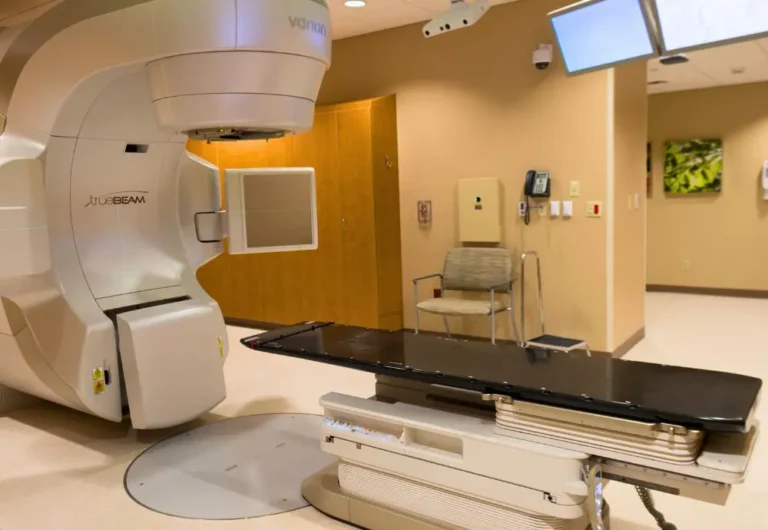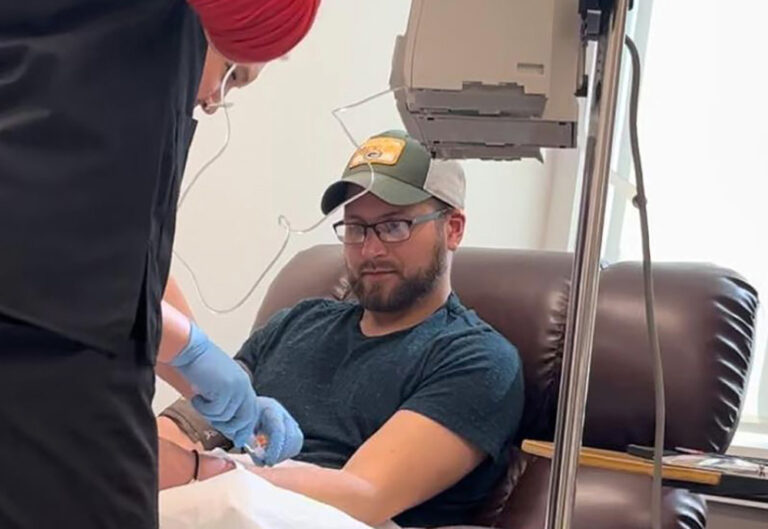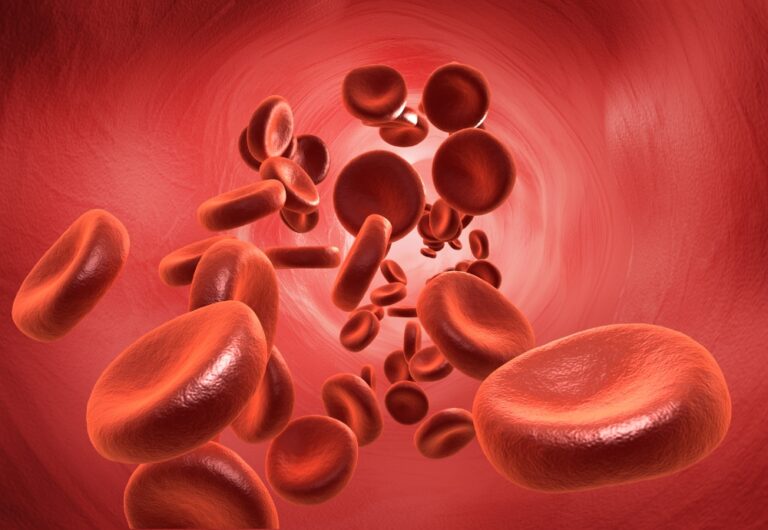I recently came across a great review article from the UK titled “Aspirin in Gastrointestinal Oncology: New Data on an Old Friend” and I wanted to share some insights I learned from this review.
Aspirin has been around for over 100 years and had been used for a long time to treat pain, inflammation and fever. It later was discovered that it is a powerful inhibitor of blood platelets which subsequently made it one of the most important components in the treatment and prevention of heart attacks and strokes. In tissue cells and in blood platelets it blocks an enzyme called cyclooxygenase.
There is good evidence that aspirin reduces the risk of colon and other gastrointestinal cancers. One study from the UK with more than 20 years of follow-up evaluated over 7500 patients who had taken aspirin for the prevention of stroke and heart attacks. Once the follow-up period passed the 10-year mark, it became evident that patients who had taken aspirin once daily for 5 years or more, had a reduced risk of colon cancer. Subsequent large studies also showed that aspirin reduced the risk of getting stomach or esophageal cancer as well as the risk of dying from stomach or esophageal cancer. However these benefits did not manifest themselves until 8 to 10 years after starting aspirin. This observation is similar to what was seen with aspirin and colon cancer prevention and explained by the fact that it takes a long time for gastrointestinal cancer to progress from a precancerous growth to an obvious cancer.
An exception to this is a condition called Lynch syndrome where patients develop colon cancer and other cancers at a younger age. Here the protective effect of aspirin is already noted after 4 to 5 years.
Once a cancer has formed, a big concern is that it will spread to other places in the body forming sister growths (metastases). In an analysis of all the large British aspirin prevention studies it was noted that patients who developed colon cancer while on aspirin had a substantially lower risk of forming metastases which brings me back to blood platelets. One intriguing hypothesis is that platelets may protect circulating tumor cells from being detected by the immune system and by aspirin disrupting this process, circulating colon cancer cells could be eliminated by the body’s own immune cells.
We can expect more research data to be presented in the future how our old friend aspirin protects against cancer.








